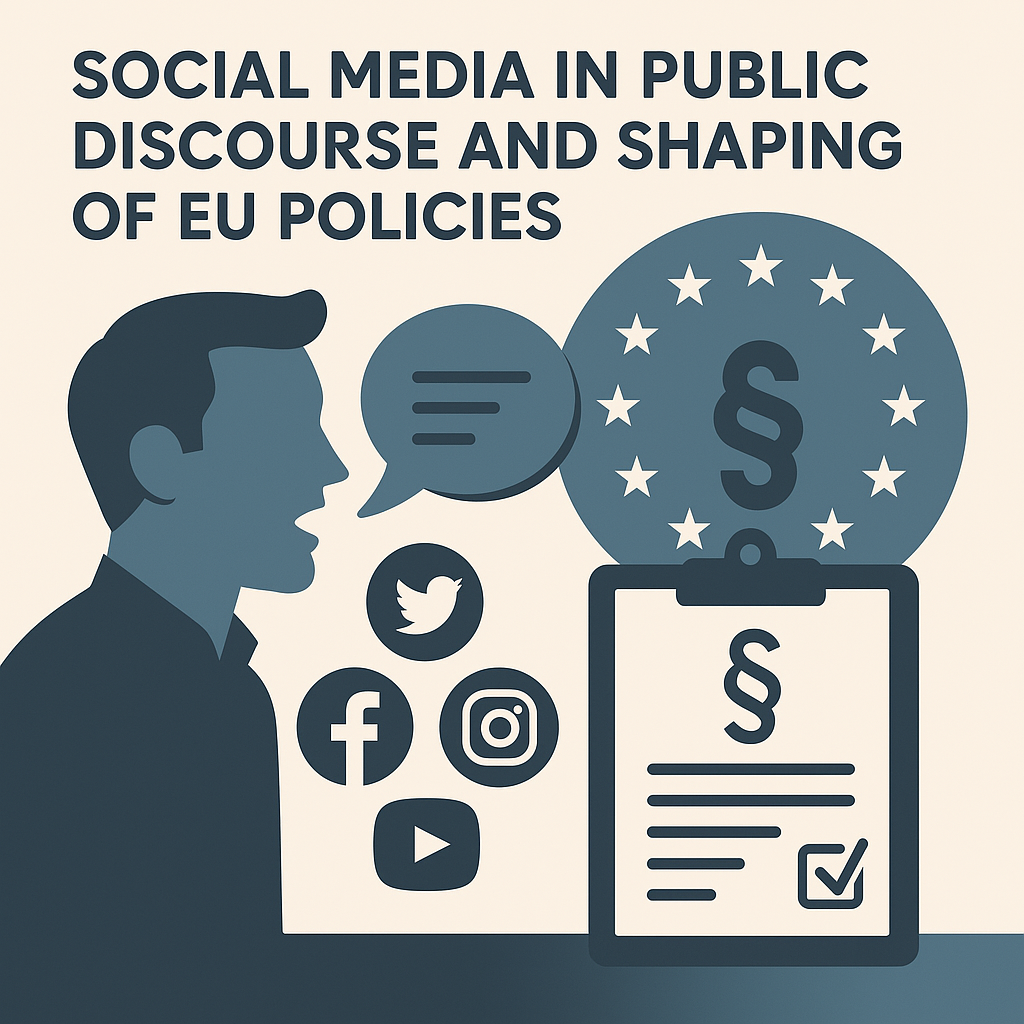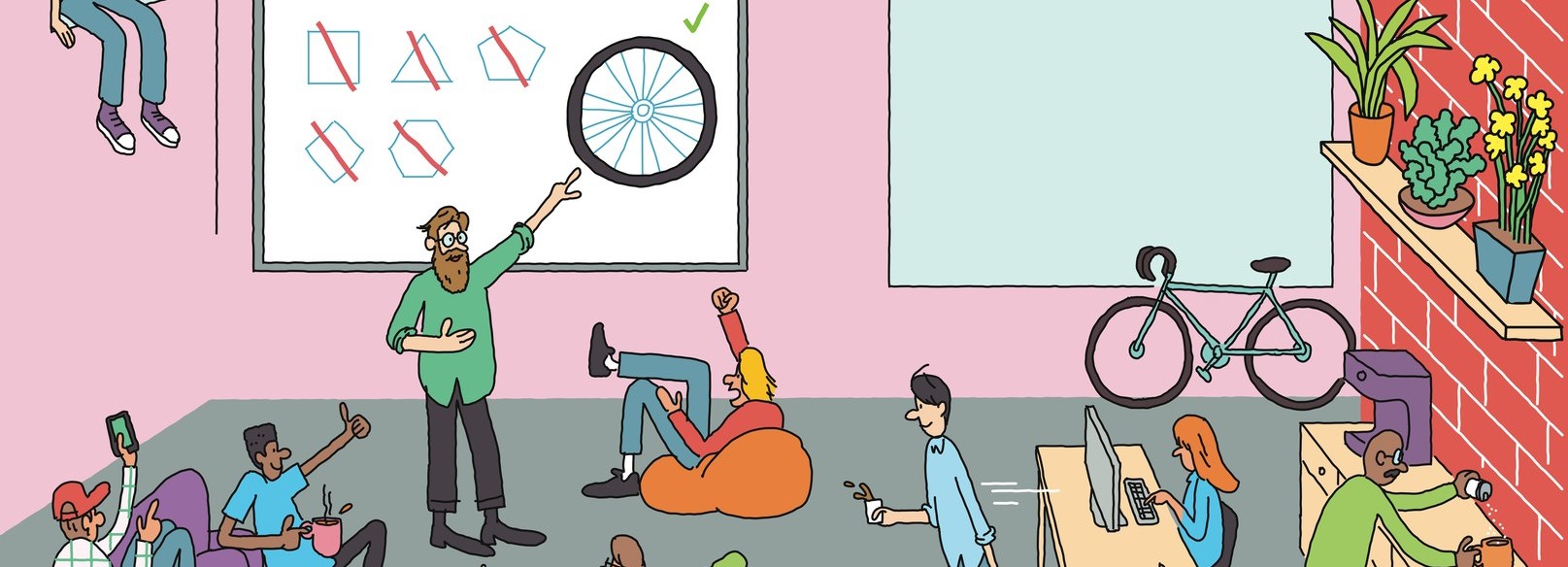
Narratives of Digital Technologies in Cinema and TV - SoSe 2025
From simulated realities and voicebots you can fall in love with to killer robots and rogue AIs, TV and cinema have been obsessed with digital technology. The pop-cultural narratives we see on our screens have enormous influence over social imaginaries: they often reinforce myths, fears, and exaggerated expectations that obscure the real technological, social, and political stakes of digital transformation.
This course will critically examine how popular media construct images of AI and robots—whether as omnipotent superintelligences, existential threats, or human-like companions. Through five interactive sessions, students will deconstruct dominant tropes and archetypes in selected films and TV series, questioning how they shape public perceptions and hinder informed debate about the actual challenges of the digital age.
Each class consists of a film screening followed by a structured discussion, where students will analyze themes such as AI as a threat vs. AI as salvation, the ideology of automation, the myth of technological neutrality, and the erasure of labor behind digital systems.
To successfully complete the course, students will participate in the sessions, actively engage in discussions, and submit analytical reflections demonstrating their ability to critically assess AI narratives in visual media.
- Викладач: Bialy Filip
- Викладач: Patecka Agnieszka

Regulatory Compliance for AI in Healthcare: Four Case Studies - SoSe 2025
The promise of AI in the healthcare sector is enormous, given its vast amounts of data, complex decision making and pressures on cost and quality. To make this a reality, a multi-faceted landscape of different regulatory requirements needs to be navigated, from the EU's AI Act to medical device regulations, the GDPR and rules around clinical trials.In four concrete case studies, this seminar provides a compact overview of the regulatory landscape and compliant solution strategies for using AI to improve patients’ lives.
- Викладач: von Buenau Paul

Autonomy, Sovereignty, Resilience: Digital Policies & Changing World Politics - SoSe 2025
In recent years, the digital economy has moved to the center of geopolitical interest. Buzzwords like “autonomy”, “sovereignty”, or “resilience” characterize digital policies around the globe. Authoritarian states as well as liberal democracies aim to steer the evolution of digital technologies, seek to increase their cybersecurity, build digital power capacities, and reduce strategic dependencies. How can we explain this development? How are international relations and digital technologies intertwined?
This seminar seeks to shed light on the subject area by looking at the theoretical as well as practical implementations of the current developments in the digital realm.
In the sessions, the students will gain theoretical knowledge about the relation between technological innovations and International Relations and learn how to apply it to examine empirical reality.
The seminar aims at practicing the conceptualization and writing of scientific papers. The students have to write three 1-page discussions of the literature which we will discuss in the sessions. In the last session, we will discuss ideas for research papers. Each student will present a paper (and prepare a 1-page outline in advance) and be the discussant of another paper.
Tuesdays 14.15-15.45
Room: CP 19
- Викладач: Meyer Laura Marie

Social media in public discourse and shaping of EU policies - SoSe 2025
This course is scheduled for Thursdays at 11:15 in CP 20.
In this course, we will explore topics such as the categorization of new media (including social media) and its specific characteristics. We will also seek to answer the question: What is the public sphere, and how does conceptualization shape the digital public sphere? Additionally, we will examine the role of online platforms and their impact on public space, as well as issues related to content moderation, social media user targeting, elections, and political advertising.
- Викладач: Bas Can Yakup

The GDPR, AI, and the Internet of Everything - SoSe 2025
Emerging technologies, like social media, Artificial Intelligence (AI) and the Internet of Everything (IoE), have changed the way we communicate, interact, and live. These technologies, however, not only create novel opportunities. As is becoming increasingly apparent, they raise specific challenges for many legal fields. This seminar puts a spotlight on data protection issues generated by the rise of the IoE and the advent of AI. Throughout, we will not only analyze the GDPR and comment on recent jurisprudence by the CJEU but also discuss novel policy strategies to square such technologies with data protection and human autonomy.
- Викладач: Ebert Kai

ENS Fellows and Friends Research Workshop - SoSe 2025
This workshop explores cutting-edge research at the intersection of technology and law, along with adjacent fields such as ethics, policy, and governance. It provides a platform for scholars to present and discuss emerging issues, innovative methodologies, and interdisciplinary perspectives. Students present on topics, and get to exchange with leading scholars.
In two separate sessions before and after the event, presentations and discussions will explore the topics most relevant to the event.
Students seeking to qualify for 3 ECTS credits need to give one presentation during the semester, write a short report (ca. 1 - 2 pages about one session at the Workshop), and regularly attend the class. The Short Report may be published on the ENS website.
The course is open to all students of the ENS. The working language for the entire course will be English.
- Викладач: Hacker Philipp

- Викладач: Pohl Merle

Web Design - SoSe 2025
The course aims at giving students fundamental skills and knowledge of modern web design and web development. The hands-on training will focus on website prototyping, coding (HTML, CSS, JavaScript and PHP), web usability and accessibility standards, web testing, cross-platform compatibility, and content management systems. Throughout the course, students – working in teams or individually – will be expected to develop fully-working, responsive, search-engine friendly websites.
Photo by Steve Johnson: https://www.pexels.com/photo/blue-orange-and-white-abstract-painting-1183992/
- Викладач: Bialy Filip

AI Literacy: Ethical, Societal, and Political Implications of Artificial Intelligence - SoSe 2025
AI literacy becomes one of the foundations of contemporary education. It requires not only technical understanding of the technology and practical skills in using it, but also a critical perspective of its societal, ethical, and political implications. Because of that, during the course we will look at AI in context of digital capitalism and its exploitative practices towards the working classes and natural environment. The course is following Problem-Based Learning (PBL) methodology which aims at creative thinking about real-world challenges. Students will be presented with three problems, related to AI and creativity, technical aspects of machine learning, and regulation of AI. The problems will be solved by students working within PBL teams.
Image: Hanna Barakat & Cambridge Diversity Fund / https://betterimagesofai.org / https://creativecommons.org/licenses/by/4.0/
- Викладач: Bialy Filip



